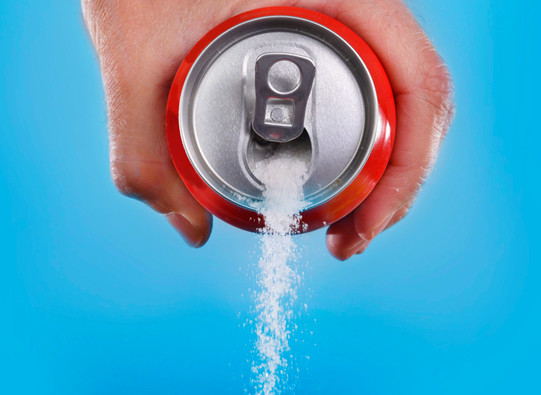Posted by Beyond Health on Nov 3rd 2025
Serotonin, Fish Oil and Your Brain
A few years back, Spanish researchers followed more than 12,000 European university graduates and their diets for 6-1/2 years. The researchers found that diets rich in trans fats increased the risk of depression by 50%. On the other hand, those whose diets were high in fish oil had a low risk of depression. Fish oil is a rich source of fatty acids called Omega-3s, specifically EPA and DHA (eicosapentaenoic acid and docosahexaenoic acid). Omega-3 deficiency has been linked with a diminished ability to cope with stress and with increases in anxiety, depression, hostility and aggression. In a study on medical students, EPA/DHA lowered anxiety 20%. In the US, we consume much more trans fat than Europeans do, and it’s been estimated that up to 90% of us are deficient in Omega-3s. Could that explain why so many Americans are in a bad mood? A recent paper by eminent nutrition researcher Bruce Ames, PhD , Professor Emeritus of Biochemistry and Molecular Biol…
read more Fuel your life with the purest vitamins
Fuel your life with the purest vitamins













